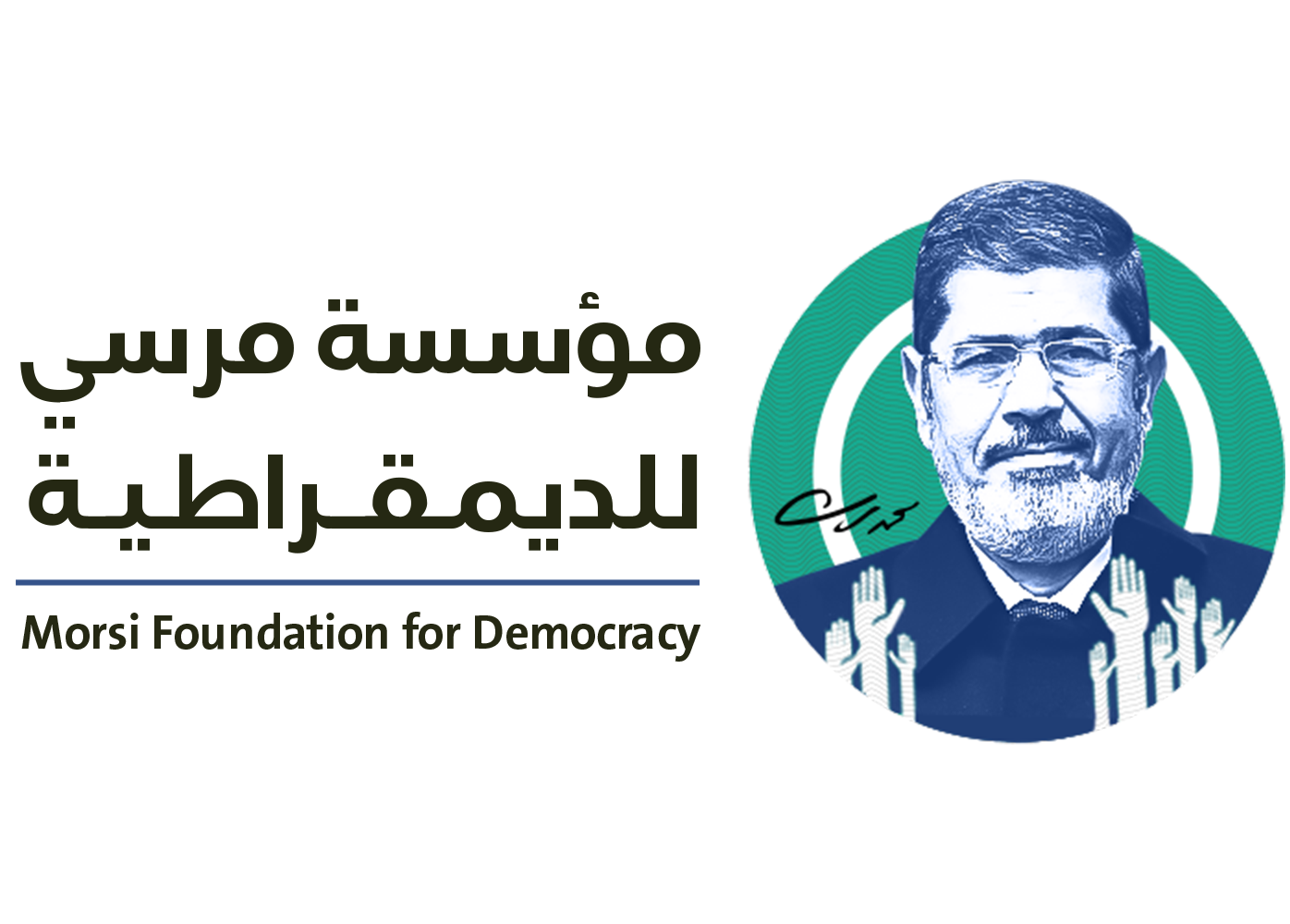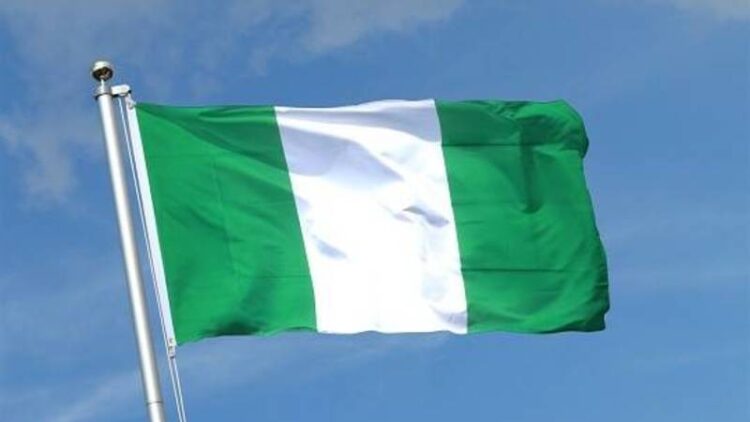Nigerians go to the polls on 25 February to choose a replacement for Muhammadu Buhari, whose eight-year rule has been sharply criticized for failing to get to grips with rampant insecurity and a cost-of-living crisis.
A former state governor running for the Labor party, Peter Obi is the first third-party candidate to present a real challenge to the dominance of the ruling All Progressives Congress (APC) and its main opposition, the People’s Democratic Party (PDP), since the end of military dictatorship in 1999.
The 61-year-old has appealed to younger voters with a message that he is different from his old-guard rivals and wants to bring real change to Nigeria.
Analysts say some younger people have turned towards Obi out of a sense of desperation with the status quo in Nigeria and continued anger over the brutal suppression two years ago of the EndSars movement – named after a hated police unit – which demanded better governance.
Obi is no stranger to presidential elections. In the 2019 vote he ran as the vice-presidential candidate for the PDP, whose losing presidential candidate Atiku Abubakar is running again this year.
Last year Obi challenged Abubakar to be the PDP’s candidate but resigned just before the primaries and moved to the formerly fringe Labor party, where his grassroots campaign touting his experience as governor and his outsider status has gained momentum, with a vibrant social media following.
“It is really interesting because we now get to see competition beyond the two parties [and] we have an expansion of choice,” said Dengiyefa Angalapu, a research analyst at the Centre for Democracy and Development. Several online polls have placed Obi as the likely winner, but they are being treated with extreme caution by observers, who say their results have been skewed by the youthful profile of Obi voters.



